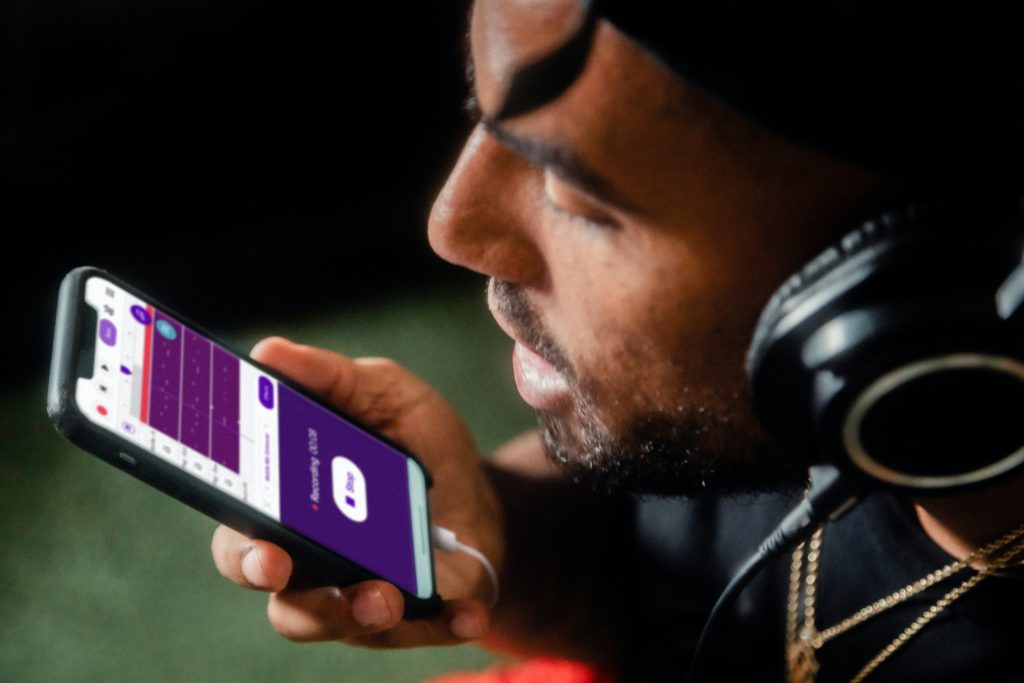Make moves now to develop the one thing that AI can’t replicate.

I’ve been a creative person all my life, but I’ve struggled to express my creative voice for most of my life. The reasons for that involve a chaotic childhood and everything that came after, but that had been my situation for quite a while.
Recently, I’ve turned a corner on that and learned how to find and develop a creative voice in a way I hadn’t.
So, I wanted to share some of what I’ve learned because I know many of you are on the same path of rediscovering and developing your creative voice.
The Importance of Finding Your Creative Voice
Everyone has something important to say, whether that’s a viewpoint, experience, or talent.
Here’s what everyone doesn’t have: a developed creative voice with which to say it.
I want to be clear that “being creative” and “having a creative voice” are two entirely different things. You can be creative yet never voice that creativity or share your viewpoint with others.
Been there, done that. I detested it.
Finding your creative voice is freaking critical because expressing ourselves to others leads to fulfillment. I’ve spent decades unfulfilled because I could never quite express myself fully. It’s not that I didn’t have anything to say; it’s just that I didn’t know how to say it, so I always had this underlying sense of unease and dissatisfaction.
I’ve talked to many people who feel the same way, so I know it’s a thing.
Also, finding a creative voice is even more crucial in a world where AI-generated art exists. The technique may become commoditized, but a distinct voice will command a premium because people seek connection with others through shared experiences and stories—something that AI cannot replicate.
So finding your creative voice means standing out in what will inevitably become a sea of cookie-cutter AI creations.
Embracing Your Journey
Finding a creative voice has been a journey to hell and back.
I think I lost my creative voice to the same forces that every human confronts. Pablo Picasso sums it up like so: “Every child is an artist. The problem is how to remain an artist once we grow up.”
Lots of us don’t make it. And lots of us wish we did.
That means a journey back.
And as someone on this journey, I understand the challenges and rewards along the way. But the key is to embrace it as an ongoing process. Even writing this article represents one step along my journey to reclaim my creative voice.
The essence of the journey back to creative voice involves contending with rejection and judgment and learning to get comfortable with both of those nasties.
It’s hard but feels great when you do.
Developing Your Creative Voice
As artist and author Austin Kleon said, “The only way to find your voice is to use it. It’s hardwired, built into you. Talk about the things you love. Your voice will follow.”
The best way to develop a creative voice is to use a creative voice. It’s a practice, like almost everything else worthwhile.
For me, the practice involves not just making stuff (which is the part that comes naturally to me) but putting stuff out there for people to see (which is the vexing part for me).
It’s the practice of blowing past the internal resistance that wants you to keep your best shit in a drawer on a desert island that builds up a creative voice. The harder it is to push through, the bigger the gain.
And what’s great is that we live in a world with social media and sharing platforms that let us do this almost immediately.
Three Actionable Steps for Reclaiming Your Creative Voice
If I had to reduce everything that I just said into a few actionable steps, here they be:
- Engage with your passions: Dive into the topics and activities that interest you the most. As you explore these areas, your creative voice will emerge naturally.
- Embrace vulnerability: Share your work with others, even if it feels intimidating. Overcoming the fear of judgment and rejection is a significant part of developing your creative voice.
- Be consistent and patient: Progress may be slow, but keep showing up and sharing your work. Like a muscle, your creative voice will grow stronger with consistent use.
Conclusion
I genuinely believe that finding a creative voice is the most transformative journey that you can take. This process leads to more connection and fulfillment and gives power to my other efforts.
Get more insight in Episode 4 of the Hypermemoir podcast.
Leave a Reply